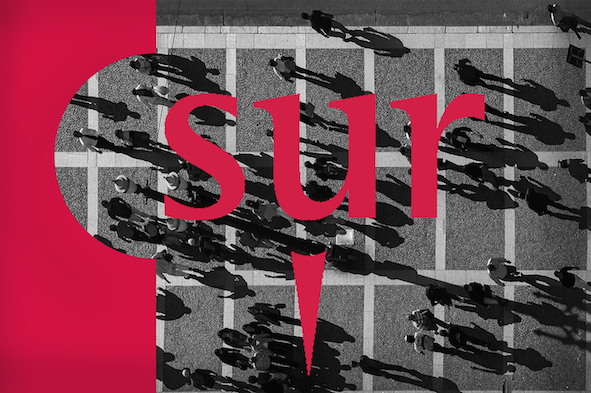
Newest Debate: Closing space for civil society?
Civil society organizations (CSOs) worldwide are under significant pressure as restrictions on foreign funding, barriers to registration, intervention in CSOs’ internal affairs, and other forms of harassment have proliferated. The debate will examine the evidence and experience of closing space in different contexts and sectors and identify the innovative responses. Read on...

















































